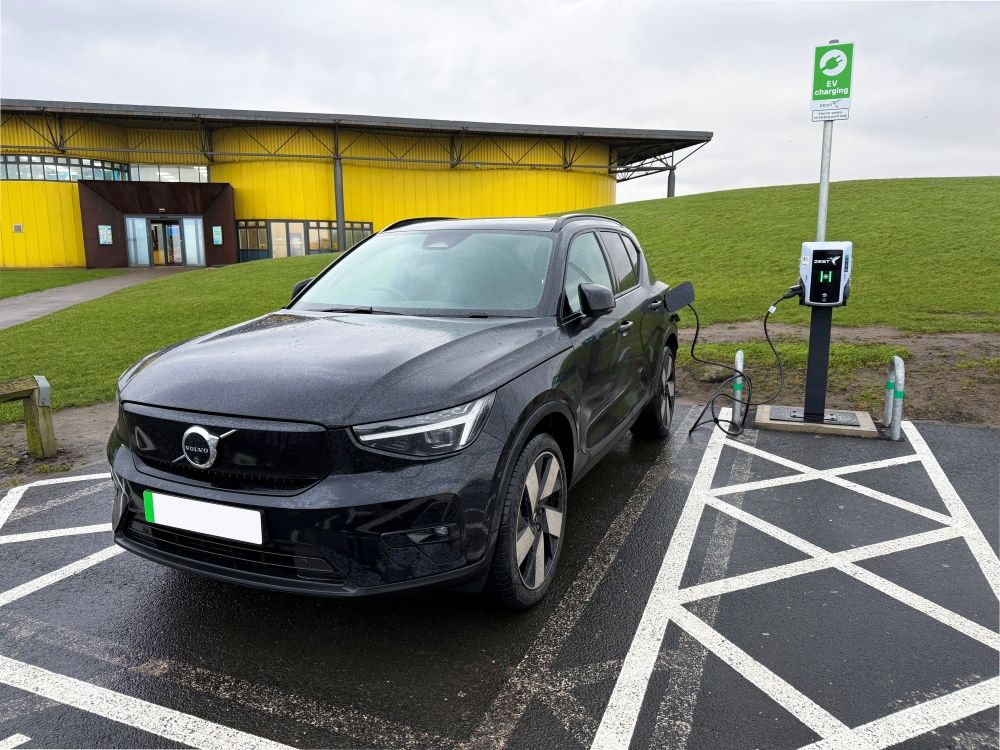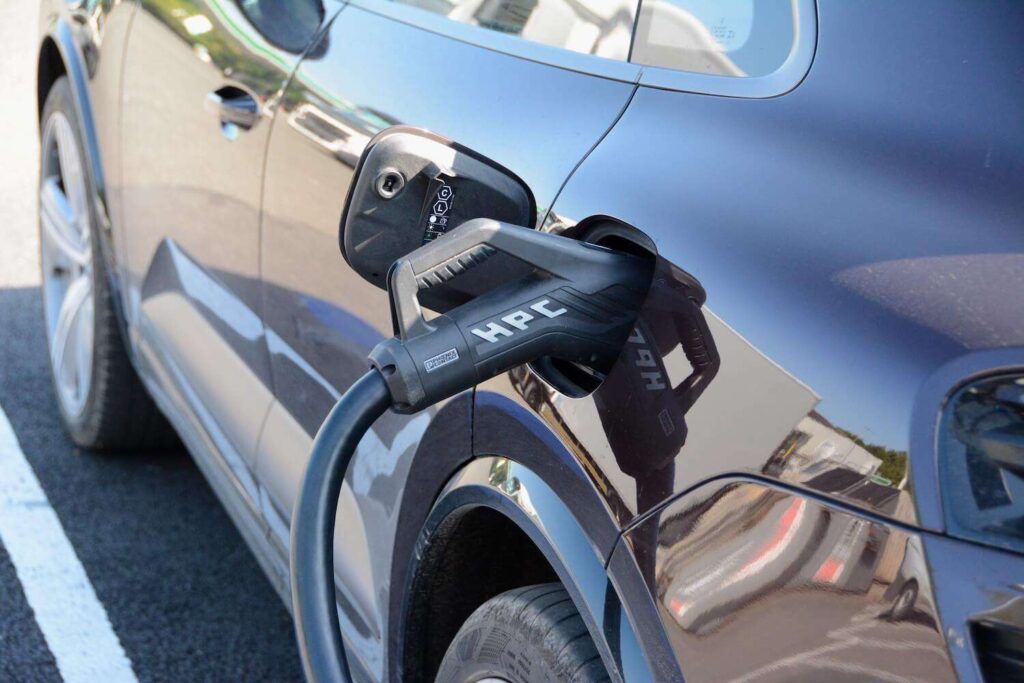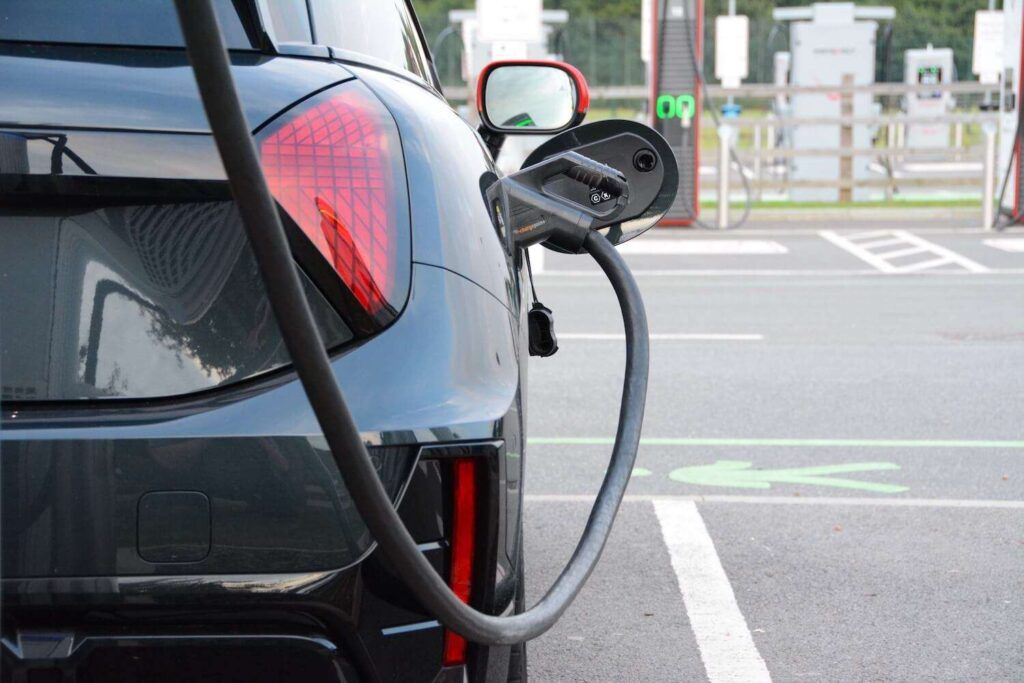Businesses are installing on-site electric vehicle (EV) charge points for commercial fleets and offering such facilities to the public, but are battling complex regulations and planning laws, Believ research has shown.
At present, only 1% of vans, 8% of company cars, and less than 1% of HGVs are electric, but in a major piece of research, charge point operator Believ has found almost all (88%) businesses are already installing EV charging infrastructure.
Many (57%) plan to double charging capacity by 2028 and understand the advantage of having their own charging facilities to attract new customers (69%) or use charging revenues to offset any upfront installation costs (72%).
But despite this seven out of ten respondents (70%) say projects are delayed by the slow pace, high cost and complexity of working with electricity companies to upgrade the local power supply, and 11% find it a significant barrier.
Similarly, for 70% of businesses, navigating inconsistent planning laws across the country is complex and confusing. More than a quarter (27%) struggle to get sufficient support from local councils to overcome these issues, and nearly three-quarters (74%) of businesses say they need specialist help. In addition, the majority of businesses said new charging facilities would reduce their partial reliance on public infrastructure.
Believ’s CEO, Guy Bartlett, said: “National and local governments can also help solve many issues that businesses face, such as easing access to the national grid and better targeted funding for national public charging infrastructure to areas that are not commercially viable.
“The national Government’s promises, such as the £70m investment at COP28, however, and the national rapid charging network are yet to be delivered and are needed urgently.
“It is vital for British businesses, the UK economy and the country’s global competitiveness. We must act now to facilitate sustainable transport and deliver cleaner air for all.”
Image of report from Believ












